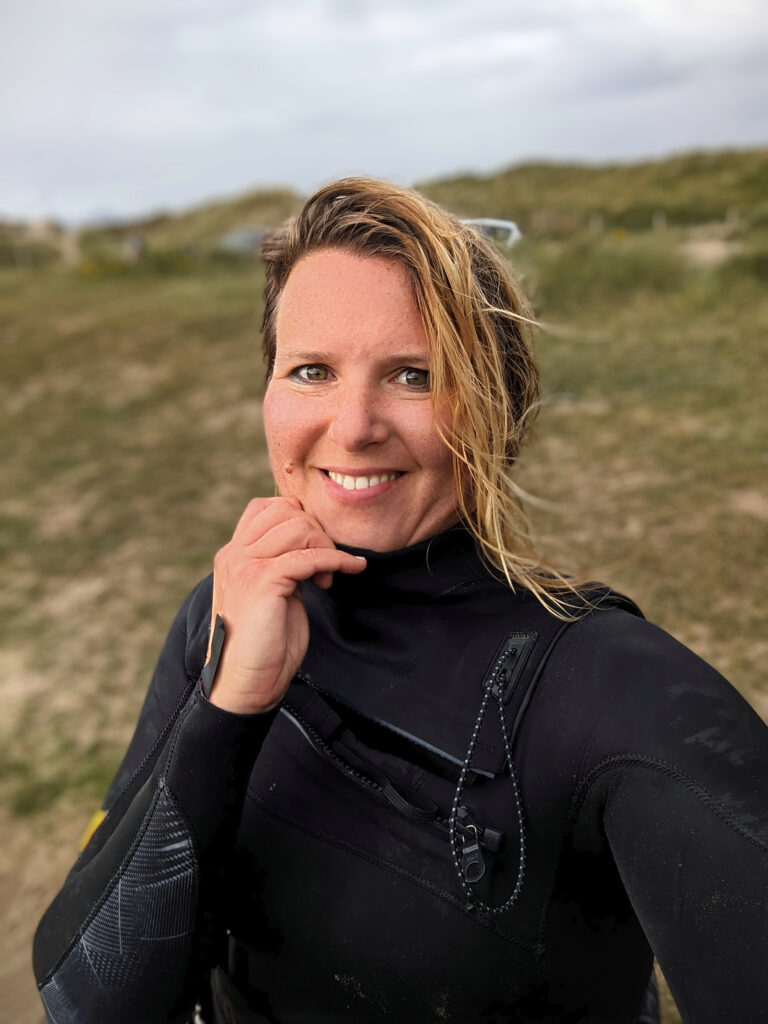Three Research Fellows have been appointed to lead ground-breaking research at the Marine Biological Association (MBA).
The new Fellows bring a wealth of experience and expertise to the MBA and will be instrumental in leading research initiatives to address the most pressing challenges facing our ocean.
Dr Lilian Lieber
Biophysics of a Changing Ocean: From Plankton to Predators
Applying a range of ocean observing technologies, Dr Lieber explores patterns and processes that govern how predators navigate through dynamic ocean environments. This will help researchers gain a more predictive understanding of predator responses to changing ocean dynamics.

Dr Lieber has a deep fascination with the foraging ecology of seabirds and filter-feeding sharks.
She says: “These incredible animals are constantly on the move, traverse vast expanses of the ocean and are real sentinels of ocean change.”
Her journey has taken her from basking sharks in UK coastal seas to terns and seals in the world’s most dynamic tidal streams informing the sustainable development of offshore energy. She has also ventured further afield to study sharks, including mapping prey fields around whale sharks off Ningaloo Reef in Western Australia and pelagic shark habitats across the Chagos Archipelago in the Indian Ocean.
As a Research Fellow in Ocean Biology with a real passion for marine technology, ecology and oceanography, Dr Lieber aims to establish a diverse, interdisciplinary team to study ecological ocean dynamics, encompassing physical processes, plankton, and predators.
To answer ecological questions, Dr Lieber often finds innovation in tools we have readily available, this includes novel applications of underwater acoustics, aerial drones or particle imaging.
Through a joint position with the University of Plymouth and her engagement with the National Centre for Coastal Autonomy, Dr Lieber also aspires to build meaningful connections across Marine Research Plymouth partners and beyond.
Highlights of her career include the opportunity to explore highly diverse marine environments and species interactions.
She reflects: “Throughout these experiences, I’ve had the opportunity to collaborate with exceptional individuals with a diverse range of expertise: from naturalists, ecologists and oceanographers to engineers and statisticians. They taught me how to sample the marine environment, the value of at-sea observations and the joys of discovering patterns in nature.”
When not out at sea, Dr Lieber is an engaged science communicator and enjoys immersing herself writing about our complex and captivating ocean.
She adds: “The MBA is a place where you can still feel the past; much of today’s science was pioneered here and I am keen to bridge this rich knowledge with science innovation. Also, on a day-to-day basis, being able to interact closely with a diverse community of marine scientists and everyone involved in making the exciting research at the MBA happen, is incredibly rewarding.”
Find out more about our new Research Fellows: